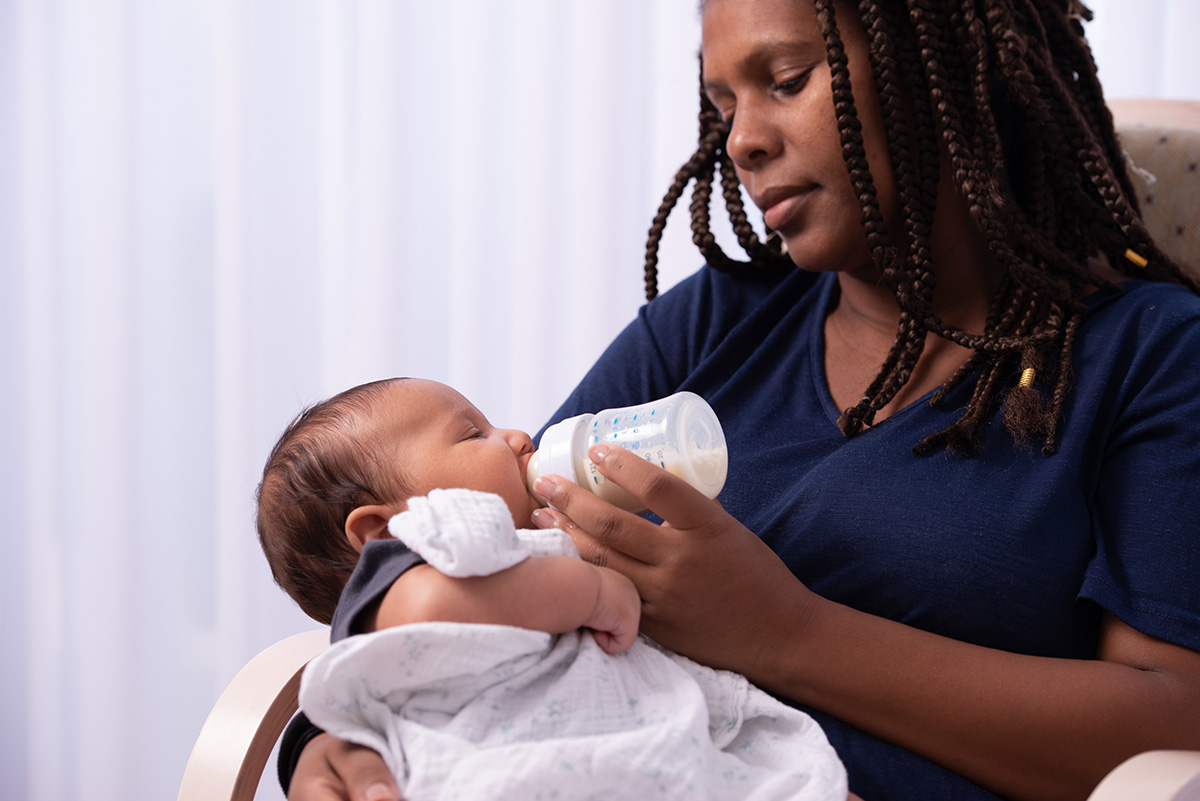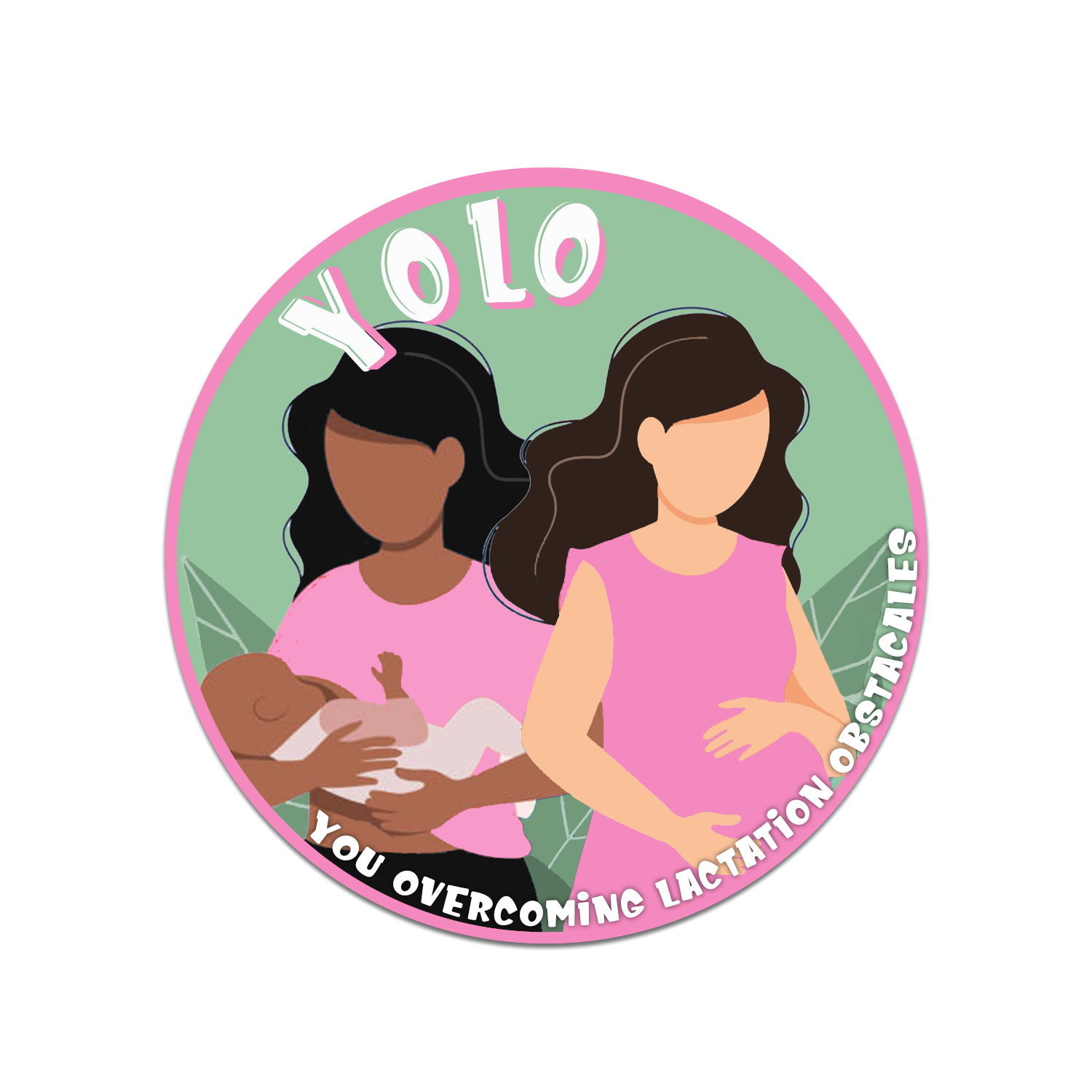Additional Resources
Classes for Families

Lactation Services for Families

Birth Services for Families
SCHEDULE AN APPOINTMENT
For Genesee County Residents: All lactation appointments (both virtual and home sessions) are currently free. When scheduling, please enter GENESEE in the coupon code field to update the price.

Classes for Birth Workers

Lead Exposure and Breastfeeding
Lead exposure is a significant concern for breast/chestfeeding parents and their infants. Lead is a toxic heavy metal that can have harmful effects on the developing nervous system, especially in infants and young children. Here are some important points to know about lead and human milk feeding.
Overall, breastfeeding/chestfeeding provides numerous benefits for both the lactating parent and the baby. If someone is concerned about lead exposure, it’s essential to work with healthcare professionals to identify and mitigate potential risks while continuing to provide the baby with the many health advantages of human milk.



